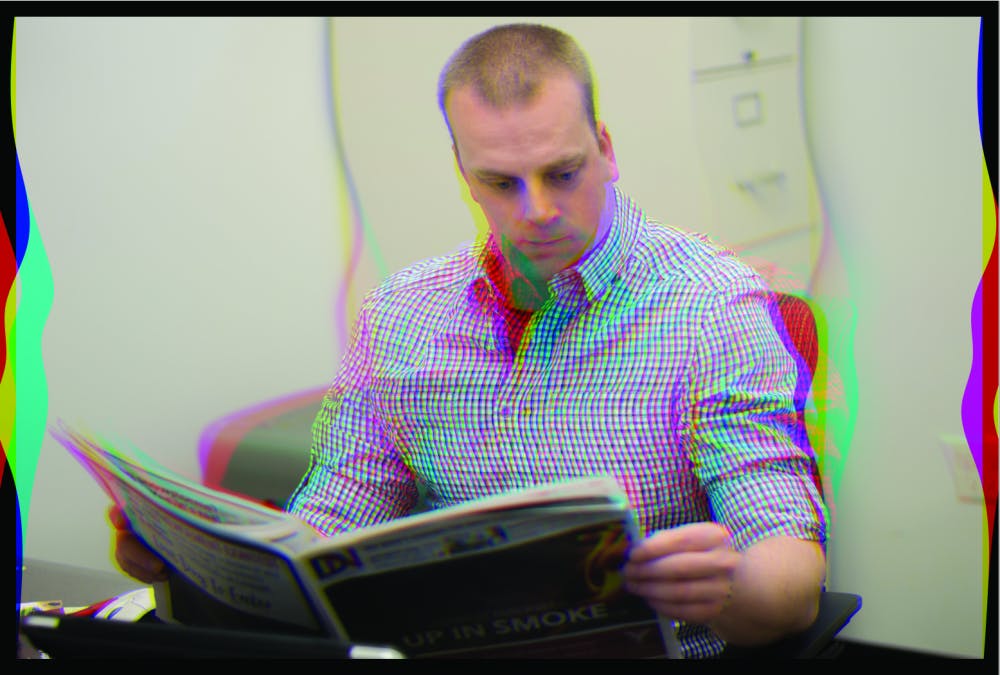When people think about some careers, a specific image often comes to mind. Usually, that image doesn’t involve things like male nurses, female firefighters, or African-American stock brokers.
One of the reasons this happens is that the types of careers and individuals within media often contain stereotypes which creates a lack of diversity.
Jobs portrayed in Hollywood productions are often based on a combination of personality traits. If you’re the most stable, intelligent, and sensitive, you must be an architect. If you’re idealistic and want to help everyone, you must be a teacher. If you’re a wreck of an individual, you must be an artist. And if you’re a hard-drinking risk taker who sucks at maintaining relationships, you must be a journalist. These sorts of stereotypes are used by screenwriters to quickly show what kind of person a certain character is.
For entertainment purposes, this isn’t necessarily a bad thing—it’s just what we’ve come to expect. But portrayals of these stereotypical roles can affect how a person feels about them.
Melinda Messineo, a Ball State University associate professor of sociology who does research on media and media effects, says media can tell us what careers are out there and which ones society considers desirable. Women and minorities are still portrayed in stereotypical roles, and working-class jobs are shown in a negative light—if they’re shown at all. This causes people to believe the only jobs worth having are the ones put in the spotlight, rather than ones like secretary or delivery guy because those jobs aren’t usually considered exciting enough for the big screen.
To continue reading, visit ballbearingsmag.com.





